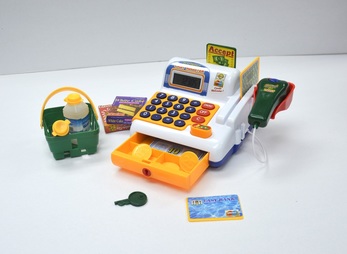
I’ve definitely heard that question before! ‘’I mean really though, if I wanted to buy $250,000 of life insurance, how much would it cost me?’’.
Let me answer that question with another question: If I wanted to purchase a car, how much would it cost? Do you get my drift? As a matter of fact, it’s actually a little more complex than buying a car. I know, I recently just bought a car!
First things first: your insurance needs will determine how much life insurance you require along with what product line is best suited to you. Depending on the type of life insurance product you require, the cost can vary quite substantially: See this article for more on insurance needs.
However, for the purposes of this article, I will try to simplify things. There is an old saying in the insurance business that goes something like this ‘’life insurance costs as little as a daily cup of coffee’’. If we average out a no frills cup of coffee at $2/day with an average month being 30 days, it brings us to $60/month.
One of the most popular life insurance products on the market is term life insurance. Term insurance covers you for a set period of time, with 20 years being commonly purchased. If the insurance company knows that you are likely be alive in 20 years, they can offer a substantial amount of life insurance for a reduced cost. The insurance company takes less risk and the client is able to obtain life insurance at a very reasonable price. Everyone wins.
So, back to how much term life insurance costs. Let’s say for example you’re a 40 year old male, who is a non-smoker and wishes to purchase a 20 year term life insurance policy with a face amount of $250,000. You would pay on average $30/month. That seems like the price of half a cup of coffee per day!
Most people are quite surprised by how affordable life insurance actually is. Think about this for a moment; you can protect your family with $250,000 of life insurance for a mere $30/month. In my opinion, it almost seems too good to be true!
As mentioned earlier, the insurance policy you choose to purchase should always be determined after you’ve undergone an evaluation of your insurance needs with a qualified financial advisor. You may sometimes find that life insurance is not the appropriate solution for you.
Daniel Enayatzadeh is a Financial Security Advisor specializing in investment and insurance planning. He can be reached at 514-996-9400 or at [email protected]














 RSS Feed
RSS Feed